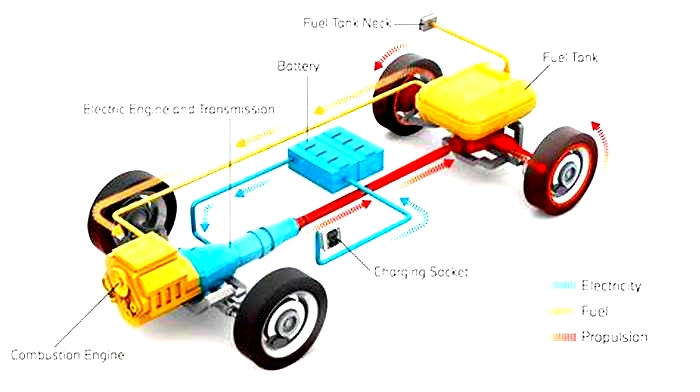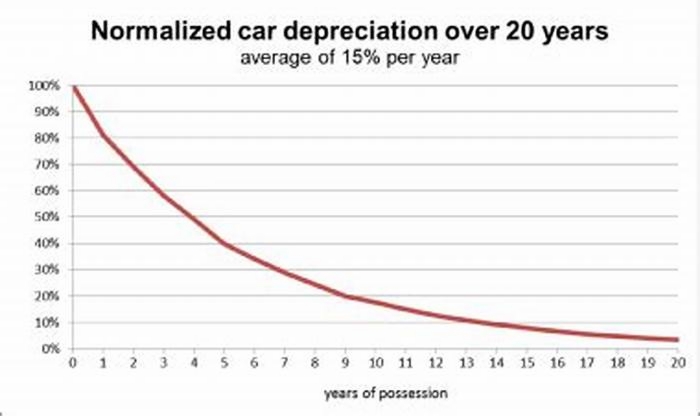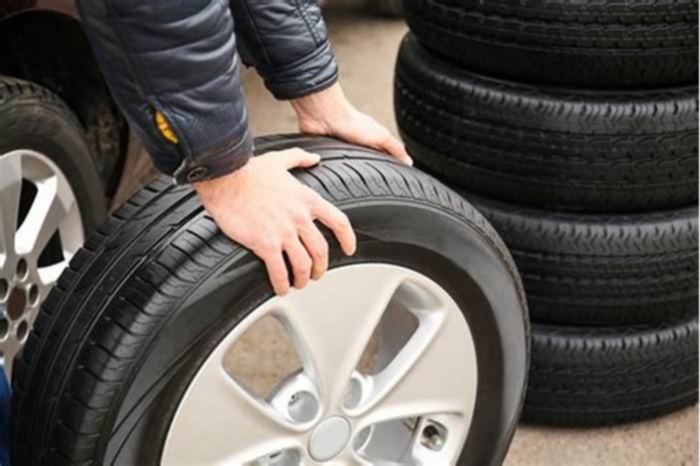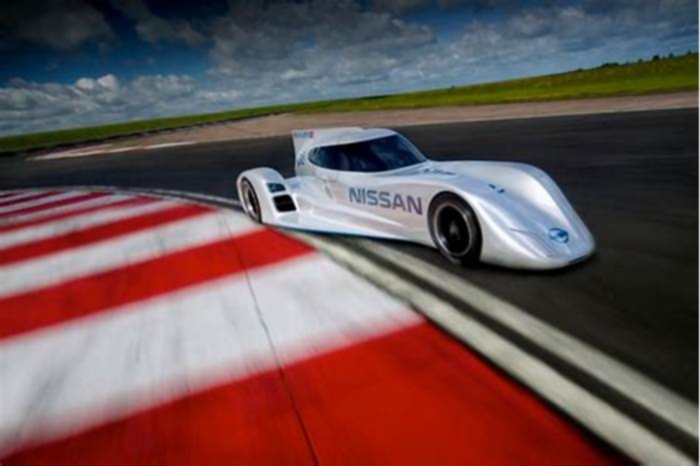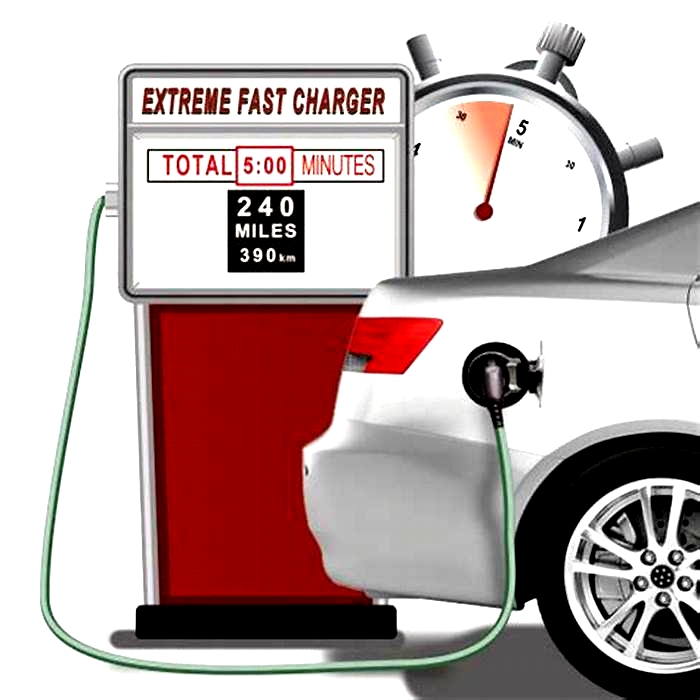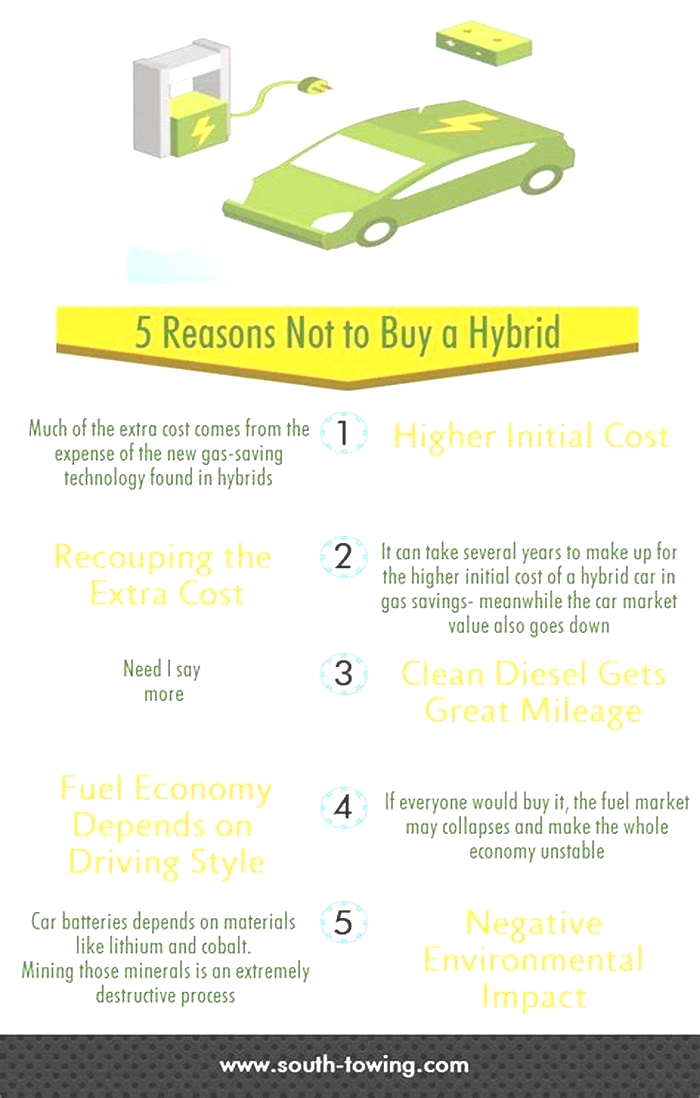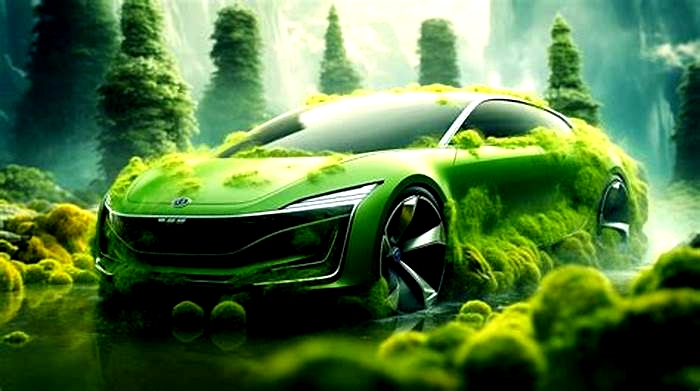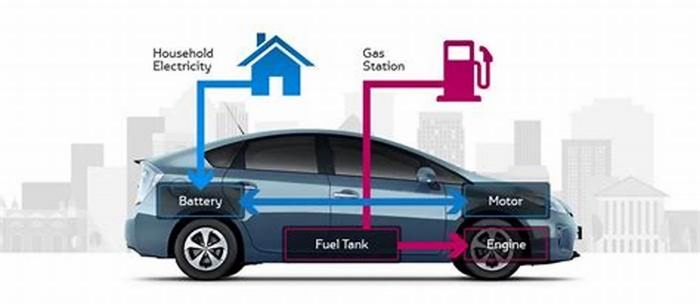Do hybrid cars wear tires faster
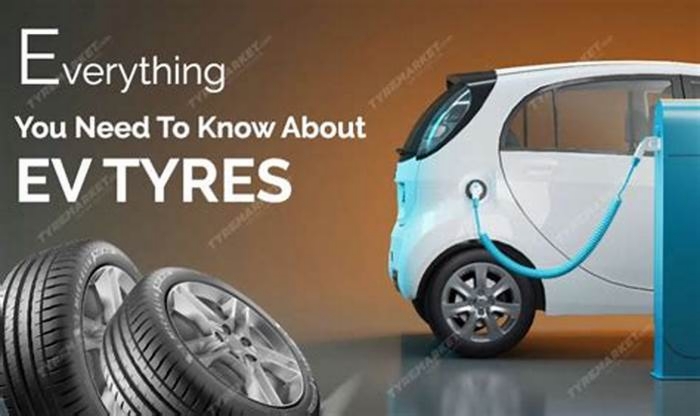
Do Electric Cars Go Through Tires Faster? (Yes Heres Why)
Youve probably been wondering why you have to change EV tires more frequently than its other body part.
The fact is, switching to an electric vehicle has its many advantages, but it comes with a price.
Your tires burn out faster than conventional cars. In this article, we will answer questions regarding why EV tires wear out faster.
Do Electric Cars Really Wear Out Tires Faster?
Electric cars wear out tires faster because they have instant torque. This puts more pressure on the tires and also causes the tires to wear 20-30% faster. Because electric vehicles have faster acceleration they also go through tires faster.

Thats the short answer.
The tires of electric cars do seem to wear out faster than internal combustion engine (ICE) vehicles, especially if they use traditional tires.
Standard road tires can wear out 20-30% faster when installed on an EV.
There are various reasons tires wear out faster on EVs and we would discuss this in the next subheading.
How Are Tires for Electric Cars Different?
The make of EV differs significantly from other vehicles. Using conventional body parts (tires inclusive) affects the car performance and makes them wear out faster.
There are two major reasons electric cars go through tires faster.
They are:
#1 Heavier Weight
The large battery packs of electric cars carry more weight than gasoline cars. To increase the range of the EV to last as long as gasoline-powered cars, the size of the batteries will have to increase.
For instance, the Ford F-150 Lightning truck is 1600 pounds heavier than the regular F-150. The same goes for electric SUVs and compact cars. This weight directly affects their tires and makes them wear out faster.
#2 Increased Torque
Any electric vehicle, even the cheapest one, still has a remarkable acceleration because they draw instant torque from electric motors.
One of the cheapest EVs, like the Chevy Bolt, can speed up from 0 to 60 mph in just 6.5 seconds.
This results in faster wear on the tires due to so much pressure when the pedals are pressed. It causes excessive friction that generally affects the tires in the long run.
We have more here about how electric cars have more torque than gas-driven cars.
However, this should not be a total turnoff to buying or owning an EV, as there are easy solutions to this problem.
We also see this among Tesla cars. Tesla cars also have special-designed tires.
Do EVs Need Special Tires?
EVs need a special kind of tires that can carry their weight and torque.
These tires are rated to support heavy loads. The commonest types are load ranges C, D and E.
What Do These Special Tires Do?
It is hard to spot the difference between these special and conventional tires by just looking at them, but their functions are quite different.
Below is the list of functions the special tires carry out:
Withstand Heavy Weight
The tires are designed to shoulder the weight of the car and they are stated to weigh 20% more than ICE tires.
The special EV tires are also essential for optimizing the cars performance.
Noise Reduction
EVs are quiet operators since they dont come with a noisy internal combustion engine. For this reason, they need special tires that reduce road noise to match the quiet ride.
EV tires are designed and manufactured with special tread patterns, rubber compounds and sound-absorbing foam to reduce road noise, especially during high acceleration.
Increased Traction
EV tires must have strong traction and braking performance because of the torque and high output that come from their electric motors.
To meet this need, EV tires are produced with a wide center rib pattern to give a firm grip and to reduce slippage at an increased speed.
Durability
The tires are made with raw materials like high resin and silica. These natural resources are crucial in making these tires as they enhance the durability and strength of the tires.
It aids the power delivery and unique driving of the vehicle.
Lower Rolling Resistance
Rolling resistance is the force that resists the motion of a moving vehicle. The weight of the vehicle, gravity and friction between tires all play a major part.
EV tires are made with compounds that reduce the rolling resistance because it leads to energy loss. Their rigid pattern and structure achieve low rolling resistance and ultimately boost the batterys efficiency.
Related:7 Things That Are Different In Electric Cars (Explained)
Why Does Instant Torque Cause Tires to Wear Faster?

Instant torque cause tires to wear faster because of the high force produced by the engine of gasoline cars or from the electric motors of EVs.
With gasoline cars, the torque is produced when the engine sends a rotational force to the transmission. It usually happens more on an automatic transmission. When the force is sent to the transmission, it goes through the drive axles before finally reaching the wheels.
While in an electric car, the electric motors send the torque directly through the axle down to the wheels. It doesnt lose much force unlike gasoline cars.
This also makes electric cars feel faster than gas-driven cars.
The torque reaches the wheel almost instantly.
Little wonder why people call it instant torque in EVs. However, there is a price to pay as this instant torque burns out tires more.
The friction is so high against the road surface because of the immediate speed.
Related:3 Affordable Electric Cars With All Wheel Drive (With Prices)
Do People Accelerate Faster and Brake Harder in Electric Cars?
Youve probably wondered why people state they love the speed of EV cars and how powerful their brakes are.
It is majorly because of the electric motors and regenerative brakes that they feature. So yes, most EV owners speed crazy and apply hard brakes while driving.
This used more battery power. One way manufacturers try and prolong the battery life and range of electric cars is to build in features that make electric cars have lower top speed than regular cars.
However, aside from the electric motors, there are other major reasons EV cars accelerate faster.
They include:
Optimized Transmission
With an electric car transmission, there is no need for changing gears and it is hardly recognized as a transmission. They have just one gear that performs two major functions.
- Adjusts the speed
- Adjusts how hard you hit the pedals
Enhanced Throttle Control
Once you press down the throttle in any car, the engine or motors begin to deliver more power. This throttle is far enhanced with EVs.
If you press the EV throttle hard, you are sure to get the same measure of speed. For instance, if you press the gas pedal 70%, you will get the exact 70% increase in speed.
The same cannot be said for internal combustion engines. You might need a turbocharger to get 100% of its power delivery.
Lower Center of Gravity
Having a low ground clearance car gives the car more stability and easier maneuvering. It is why sports or racing cars sit so close to the ground. Theyre also more aerodynamic, which makes the car really fast.
Accolades have been given to EV automakers because most of their vehicles sit low to the ground. They share their weight evenly by putting the heavy parts, like the battery packs, as low as possible. This makes them stable at high speeds.
Enhanced Brakes
EV cars have regenerative brakes that automatically slow down your car when you take your feet off the pedals.
They become faster because they have lighter and more efficient brakes and it is general knowledge that a car can only move as fast and it can slow down.
Thus, lighter brakes make it possible to have a quicker lap with the luxury to slow down as needed.
Are Tires for Electric Cars Cheaper or More Expensive?
Electric car tires are more costly than ICE tires. However, this varies with the type of car.
For instance, the Nissan Leaf tires cost about $75 to $200, according to CarTalk, because the vehicle isnt too focused on performance. But all things being equal, the average cost to replace or buy new tires ranges from $150 to over $200, as stated by MotorBiscuit.
The expected lifespan of EV tires lasts between 30,000 miles to 40,000 miles, so youll have to spend more money on tires for an electric car. It is the price to pay for its enhanced performance.
Related:Rotating Your Car Tires: Is It Really Necessary? (Explained)
How Much Faster Do Electric Cars Wear Tires?
Even with the specially designed tires for EVs, they still wear out 20% faster than ICE vehicles. There is really no lasting remedy to this because even if you try to reduce instant torque and hard braking, they still carry more weight than conventional vehicles.
Source
2 Reasons Electric Cars Burn Through Tires Faster Than Gas-Powered Vehicles| Motor Biscuit
Was this article helpful?
 Did you find wrong information or was something missing?
Did you find wrong information or was something missing?We would love to hear your thoughts! (PS: We read ALL feedback)
Do Hybrid Cars Need Special Tires? The Top 10 We Found
With rising gas prices and growing environmental concerns, having a hybrid car seems like a popular choice among city dwellers.
Furthermore, the fact that hybrid cars are now better, more powerful, and more economical also helps boost their popularity among the masses.
Because of their popularity, there are a lot of questions surrounding hybrid cars in the market.
One of them is regarding their tires. Do they really need special tires or can work with your plain old regular wheels?
A lot of experts claim that special tires for hybrid vehicles perform better than their regular counterparts.
However, a significant majority claim they are not worth the high price tag as regular tires also deliver a great overall performance.
So, which side holds more weight, and are hybrid tires really effective enough to justify their price tag? Lets find out!
The Best Tires for Hybrid Vehicles
There are various options in the market that can be considered ideal tires for hybrid cars.
Each of them caters to specific needs and driving preferences.
The text below will explore some popular tire choices that have garnered praise for their performance on hybrid cars:
1. Continental Tires Hybrid
Continental is a well-established tire manufacturer known for producing high-quality tires suitable for a wide range of vehicles.
The Continental Tires Hybrid line is designed explicitly for hybrid and electric cars, aiming to optimize fuel efficiency while maintaining excellent traction and handling.
2. Pirelli PZero All Season
Pirelli is another tire giant renowned for producing high-performance tires for various vehicles, including hybrid cars.
The Pirelli PZero All Season tire is a top choice for hybrid drivers seeking a blend of sporty handling and all-weather capabilities.
3. Fullway HP108 All-Season Tire
For budget-conscious hybrid owners seeking a reliable and cost-effective tire option, the Fullway HP108 All-Season Tire might be the ideal fit.
Fullway offers a range of tires that cater to various vehicle types, and their HP108 model is well-suited for hybrid cars.
4. Falken Ziex ZE950 All-Season Tire
Falken Ziex ZE950 is a popular all-season tire known for its exceptional performance on a variety of vehicles, including hybrid cars.
This tire strikes a balance between fuel efficiency, handling, and comfort, making it a compelling option for the eco-conscious driver.
5. Michelin Primacy MXM4
The Michelin Primacy MXM4 all-season tire offers a delightful driving experience with precise handling, safety in wet conditions, and excellent longevity.
This tires low noise levels provide a quiet and comfortable ride during daily commutes and weekend adventures. Backed by a manufacturers treadwear limited warranty of up to 55,000 miles and a 6-year standard limited warranty.
6. Michelin Defender
The Michelin Defender LTX M/S is a game-changer! With its Evertread compound, it keeps on going, even in tough conditions.
Whether its rain or snow, this tire delivers top-notch grip and efficiency. Plus, the 60-day satisfaction guarantee and 70,000-mile warranty are reassuring.
7. Goodyear Assurance
Goodyear Assurance delivers exceptional performance year-round!
With its advanced features like multiple biting edges for reliable traction in any weather, wide tread grooves for improved wet grip, and a quieter ride.
Plus, the 65,000-mile warranty offers peace of mind.
8. Nokian WR-G4
Nokian Tyres WR G4 offers exceptional all-season performance and reliable winter grip, making it a true all-weather tire.
Its fourth-generation design with new innovations ensures a worry-free drive in any weather, from snow storms to scorching heat. Highly recommended for versatile drivers.
9. Bridgestone Turanza Serenity Plus
Nokian Tyres WR G4 impressed me with its quiet, comfortable ride, thanks to the clever asymmetric tread design.
The proprietary polymer technologies truly enhance durability, ensuring longer wear life.
Plus, the circumferential grooves inspired confidence in wet conditions, effectively preventing hydroplaning.
10. Yokohama Ascend
Nokian Tyres WR G4 is an impressive choice for all-season performance.
The black sidewall adds a sleek touch, and the 85,000-mile tread life warranty gives peace of mind.
The wavy sipes and notches enhance winter grip, making them a reliable option for challenging roads.
The Hybrid Advantage: Fuel Efficiency and Beyond
Before we start talking about tires, lets briefly explore why hybrid cars have gained popularity.
The first answer youll think of will naturally be fuel efficiency, but the allure of hybrid vehicles goes beyond their ability to combine an internal combustion engine with an electric motor, thereby leading to 20 35% higher fuel efficiency.
Hybrid cars are popular because a lot of people now understand their responsibility towards the environment and how every little step counts.
Furthermore, the technology behind hybrid vehicles continues to evolve rapidly, which results in quieter and smoother operations with more capabilities than cars with an internal combustion engine.
A lot of governments are also incentivizing the use of hybrid and electric vehicles.
The tax breaks and other incentives make them an excellent economical choice as they get easier to purchase and maintain as well.
So, a win-win situation for any car owner!
There are a lot of other factors behind the popularity of hybrid vehicles.
A growing model selection, better public perception, and more CSR opportunities for fleets are some examples, but its high time we move back to the main focus of this write-up.
Tires: The Foundation for Any Cars Performance
All car owners know how important tires are for their vehicles.
They are the only point of contact between a car and the road, and they play a crucial role in ensuring stability, handling, and safety.
Additionally, tires significantly impact fuel efficiency, overall driving experience, and the safety of the users.
So, its important to spend time on due diligence before deciding anything related to your cars tires.
Hybrid cars, cars play the same role as any other car type.
However, one important thing to note is that hybrid cars usually weigh more than their IC engine counterpart.
This additional weight is generally concentrated as well because its from the electric motor and the hybrid battery pack.
Tires on hybrid vehicles need additional strength to handle the extra concentrated loads while maintaining optimal fuel efficiency.
Most regular tires fare well in the structural domain but struggle in terms of performance.
This is the primary reason why experts advocate the use of special cars designed to sustain the additional weight while maintaining the performance parameter.
But there are many who are against them too. Lets take a look at both sides of the table now.
The Case for Special Hybrid Tires
1. Enhanced Fuel Efficiency
One of the primary reasons behind the favor of special hybrid tires is their potential to further enhance fuel efficiency.
Manufacturers design these tires with low rolling resistance, which reduces the energy required to keep the vehicle moving.
Studies have shown that special hybrid tires can improve fuel efficiency by up to 15% compared to standard tires.
Thereby leading to both cost savings and better emission control.
2. Improved Handling and Braking
Hybrid cars often have instant torque delivery due to their electric motor, which makes quick acceleration possible.
Special hybrid tires provide better traction and grip and enhance the vehicles handling capabilities to ensure efficient braking performance.
These features contribute to a safer driving experience in all conditions.
3. Extended Lifespan
The regenerative braking system in hybrid cars helps recharge the battery by converting kinetic energy into electrical energy.
While this feature increases efficiency, it can also place additional stress on conventional tires. This reduces their lifespan and negatively impacts their performance on the road as well.
Special hybrid tires are built to withstand the unique demands of regenerative braking, resulting in a longer lifespan and better value for money.
The Case Against Special Hybrid Tires
1. Cost Considerations
While special hybrid tires offer several advantages, they often come at a higher price point than standard tires.
For budget-conscious consumers, this added expense might outweigh the potential fuel savings.
Moreover, the fact that modern tires are becoming even better with time further proves their point that hybrid tires are an unnecessary expense.
2. Limited Availability
As the market for hybrid cars continues to grow, so does the demand for specialized tires.
However, the availability of these tires might vary depending on location and vehicle model.
Some consumers might find it challenging to access a wide range of options or might need to compromise on other essential tire features to acquire hybrid-specific ones.
3. Marginal Gains for Some Hybrids
Its essential to consider that not all hybrid cars will benefit significantly from special tires.
Smaller hybrid models, designed primarily for city commuting and boasting lower power outputs, might not experience substantial gains in fuel efficiency.
Even the performance enhancements discussed before are negligible when compared with the additional costs owners have to pay for hybrid tires.
Common FAQs on Using Special Tires for Hybrid Cars
1. How different are hybrid tires?
Hybrid tires are quite different than conventional ones because of their ability to sustain greater weights and perform in more versatile environments.
Generally, its a bit harder to find different kinds of tires for hybrid cars, which makes them different.
2. Do hybrid cars wear out tires faster?
Yes, hybrid cars are heavier and have more concentrated weights, which makes them wear out faster than their conventional counterparts.
3. Are hybrids harder on tires?
Once again, the answer is yes! Hybrid cars are harder on tires because of their improved handling and braking capabilities along with their extended lifespans.
4. Are hybrid tires more expensive?
Yes, hybrid tires are a bit more expensive than their conventional counterparts because of their enhanced capabilities and performance parameters.
Key Takeaways
The increasing popularity of hybrid cars can be attributed to their eco-friendly nature, impressive fuel efficiency, cost-saving potential, and the availability of government incentives.
However, they might need you to be a bit more careful regarding tire health and other parameters.
As for buying specialized tires, there are a lot of experts who believe they are necessary.
However, they are definitely not worth the price, especially now as modern tires boast better performance and durability in the long run.

